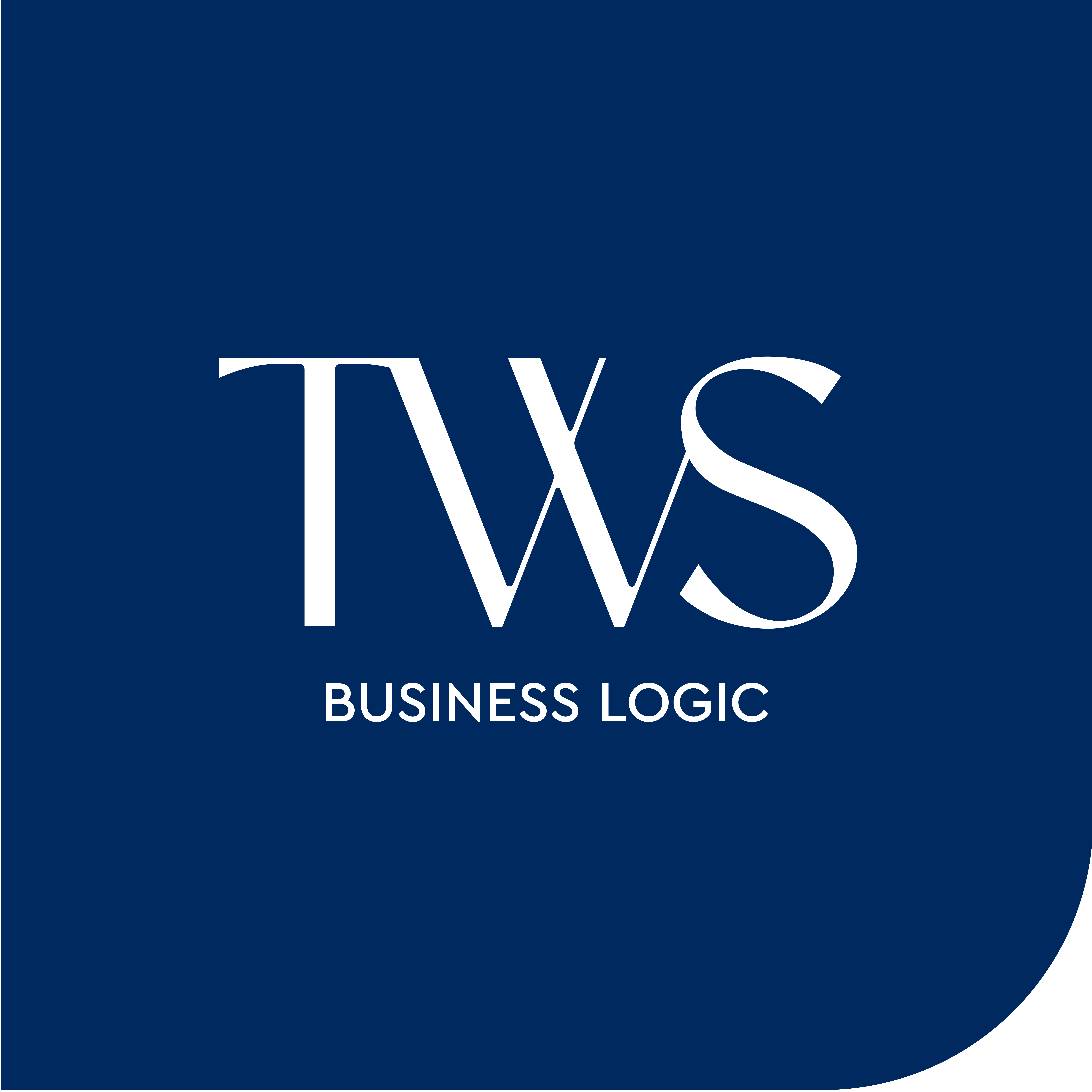
Enhance Human Capital
People are the Source of Content and the Reason of Value Generation
All business is about people; their understanding, purpose, and reasoning are the foundation of all business goals and activities.
Your company is a living organism with a unique system of thought that underlies all your decisions and actions. People constitute the foundation of value generation as they provide content by defining the business elements that form your business operations and produce meanings through the decision-making involved in the design and implementation of action.
A. Conceptual understanding is the product of human thinking and instrumental to business success.
Concepts are essential in representing the symbolic value of products and, thus, a plethora of meanings representative of product purpose, functions, behaviours and experiences. In this sense, each product represents a particular theme, for example, communication for telecommunications, money for banking, food for dairy products, and cleanliness for detergents. These are related to other themes, for instance, connectedness for communication, wealth for money, nutrition for food and hygiene for cleanliness. How such concepts are perceived, defined and formulated is the result of human thinking.
People’s understanding of things directs the path of business development and growth. Their perceptions are crucial in defining and implementing objectives, strategies, and activities. Perceptions represent interpretations, reflecting the meanings we attach to things in our effort to understand them. For instance, if your brand is built around hospitality, how your team defines and develops the concept is vital in developing your brand’s value.
An essential component of business success is creating an environment that encourages individuals to express, explore and expand their perceptions of the company, the market and the customer. This fosters the development of content through the multiplicity of meanings produced by the range of various perceptions. It also guarantees the construction of a mutual understanding representing the synthesis of individual interpretations that benefit both the business and the customer.
Synthesising interpretations as content and meaning is the purpose of business logic. It is grounded on the human ability to understand, draw and develop meaning in creating value for themselves and others.
B. Reasoning is an essential human quality and fundamental to guarding your business.
Reasoning is a thinking process that aims to reach accurate conclusions about the meaning and significance of things. It is as fundamental as breathing, and although you may not be aware, you are constantly and actively engaged in the process every time you make a choice, i.e., a decision.
Reasoning is essential in providing you with the foresight to predict the outcome of your actions. It reflects a system of synthesising seemingly disparate thoughts into meaningful ideas that lead to the attainment of goals, the resolution of problems, and the successful implementation of activities.
Logical reasoning is not a list of reasons that explain issues but a set of definitions synthesising a singular idea, message or proposition, i.e., meaning. This is because reasons are explanations of things, and explanations constitute definitions. For instance, if you are in the food industry and want to reinforce the sense of naturalness in your packaging, you may add natural colours, elements of nature, or a more natural image of your product. Your choices in this process depend on how you define each part composing your new packaging. For example, you may choose green because it is a component of the definition of nature. The same is true of brown because this is a component of earth, and earth is a component of naturalness. The outcome will ultimately depict your definition of naturalness. In other words, the elements that underlie the definition of naturalness function as the logic for constructing naturalness in your packaging.
How you define things reveals your understanding of them. Your understanding is reflected in the thoughts and meanings behind your choice and implementation of actions. In reverse, your actions demonstrate the meanings and, therefore, the understanding that created them. Therefore, your decisions on strategies and activities reflect the implementation of your understanding of a particular issue, whether meeting objectives or solving problems.
This is why, when examining logic, we analyse content, i.e., the meaning of things.
Logical reasoning forms the groundwork for precise decision-making, an essential facet of all businesses. Investing in your organisation’s human capital is indispensable for your business to thrive.
C. Generating ideas is a human quality based on an “unexpected” system of logic that drives innovation.
Definitions are refined and redefined, giving new meaning to ideas and things. For instance, in reference to the example of naturalness mentioned above, an environmentally friendly package may be more important today than any other change in packaging that aims to advance this quality.
Generating ideas is founded on a unique system of logic that synthesises new elements with existing knowledge. This results in new meanings and understandings that lay the groundwork for innovation. Furthermore, original ideas stem from novel forms of expression that expand existing definitions, akin to the process involved in the product life cycle’s sustainability and survival stages.



